Every 34 seconds, someone in the United States dies from heart disease, according to the CDC. That’s a staggering reminder of how much cardiovascular health matters. But here’s something surprising: not all solutions come from a pharmacy. Some of the most effective allies for heart and artery health can be found right in your grocery basket—or even your garden.
Imagine lowering your risk of clogged arteries, improving circulation, and boosting energy, simply by eating more vegetables. Sounds too good to be true? Not really. Science has shown that certain vegetables contain compounds that support healthier arteries, reduce inflammation, and help blood flow more freely.
In this article, you’ll learn about ten vegetables that are known to support arterial health, why they work, and how you can include them in your daily meals. Along the way, we’ll share practical recipes, real-life examples, and lifestyle tips to help you protect your heart naturally.
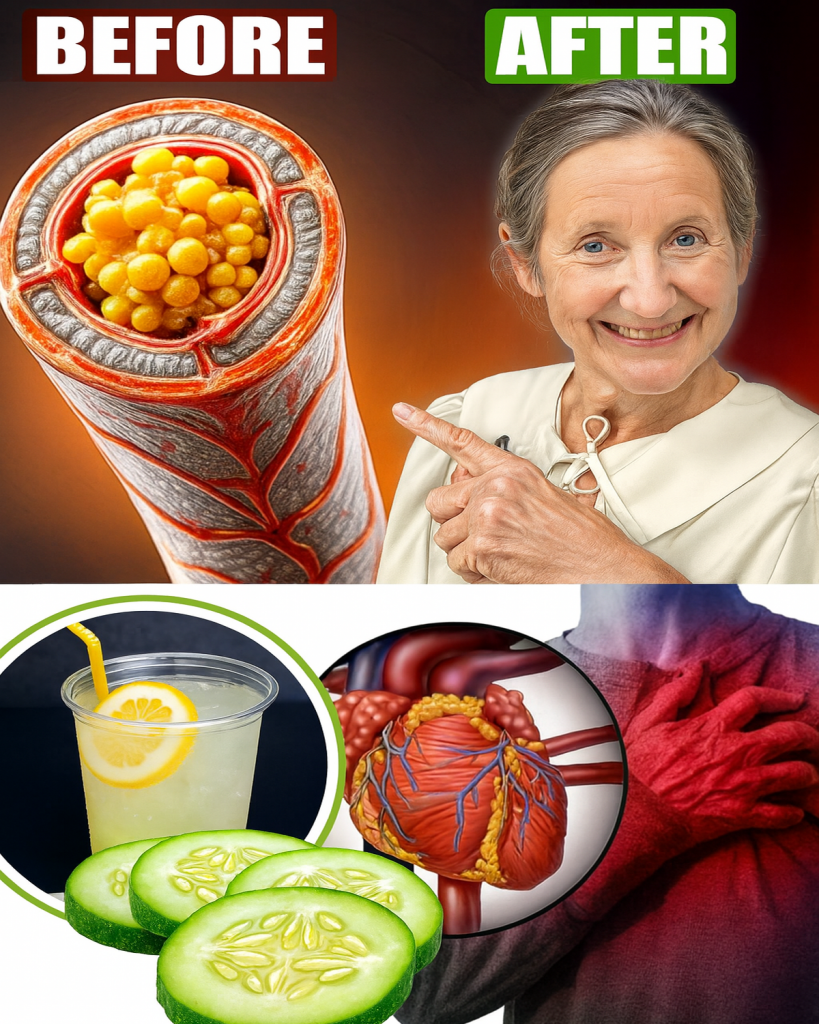
Why Your Arteries Need Extra Care
The Hidden Danger of Blocked Arteries
Arteries are the highways of your body, carrying oxygen-rich blood to every organ. Over time, cholesterol, calcium, and fatty substances can build up along artery walls, forming plaque. This process, called atherosclerosis, narrows the arteries, making it harder for blood to flow. Left unchecked, it can lead to heart attack, stroke, or chronic fatigue.
Food as a First Line of Defense
While medications can help, diet is one of the most powerful tools to prevent and even manage artery blockages. Vegetables, in particular, provide fiber, antioxidants, and plant compounds that naturally support circulation and reduce the risk of buildup.
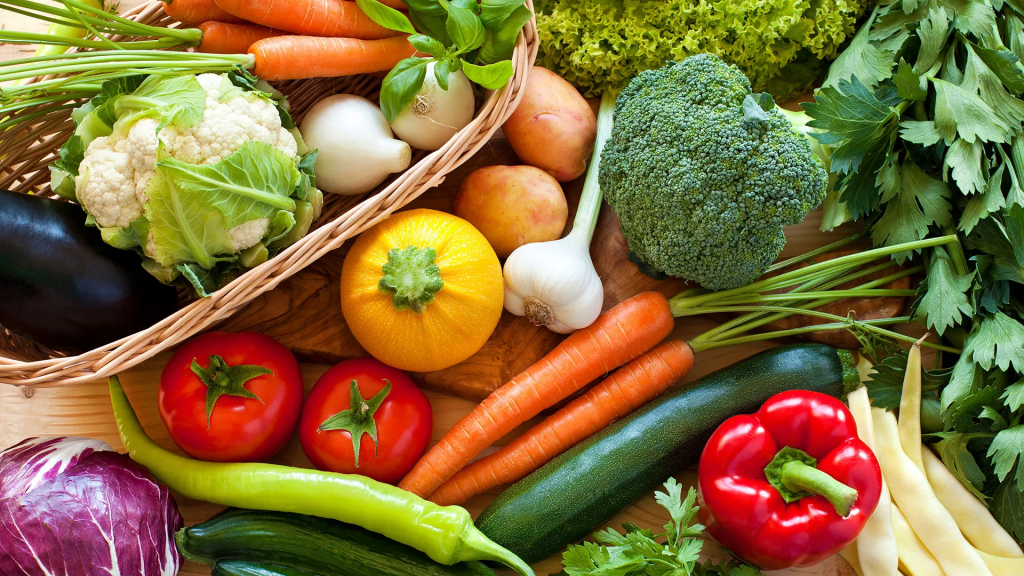
The Top 10 Vegetables for Healthier Arteries
| Vegetable | Key Nutrients/Compounds | How It Supports Arteries |
|---|---|---|
| 1. Garlic | Allicin, sulfur compounds | May reduce cholesterol and thin blood slightly |
| 2. Beets | Nitrates, betalains | Boost nitric oxide, relax arteries |
| 3. Spinach | Potassium, lutein, fiber | Helps regulate blood pressure |
| 4. Kale | Antioxidants, vitamin K | Supports elasticity of arteries |
| 5. Broccoli | Sulforaphane, fiber | Reduces inflammation and oxidative stress |
| 6. Brussels Sprouts | Vitamin C, fiber | May lower cholesterol levels |
| 7. Carrots | Beta-carotene, fiber | Antioxidants help protect artery walls |
| 8. Tomatoes | Lycopene, vitamin C | Linked to lower arterial plaque |
| 9. Onions | Quercetin, sulfur compounds | Anti-inflammatory, may reduce clotting |
| 10. Asparagus | Saponins, vitamin K | Helps prevent calcium buildup in arteries |
1. Garlic: The Ancient Healer
For centuries, garlic has been prized for its medicinal qualities. Modern research supports its role in lowering cholesterol and blood pressure. A daily clove of raw garlic or adding garlic to soups and sauces can give your arteries a natural shield.
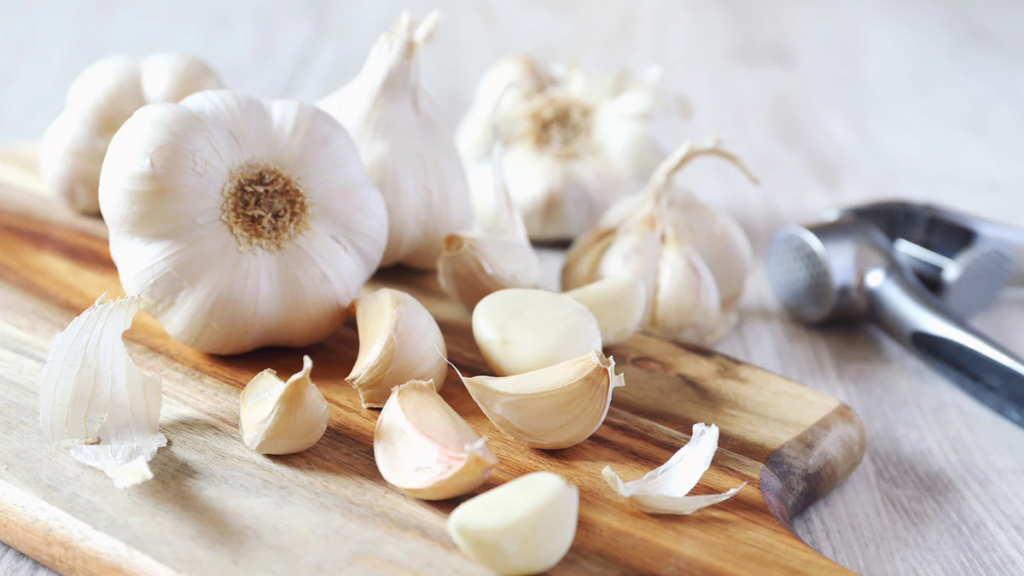
2. Beets: The Circulation Booster
Beets are rich in nitrates, which the body converts into nitric oxide. This compound helps relax blood vessels, improve oxygen delivery, and enhance exercise performance. Drinking beet juice is an easy way to get these benefits.
3. Spinach and Kale: The Green Giants
Leafy greens like spinach and kale are loaded with potassium, which counteracts sodium’s effect on blood pressure. Their antioxidants also help keep arteries flexible. Add them to smoothies, salads, or stir-fries for a daily dose.
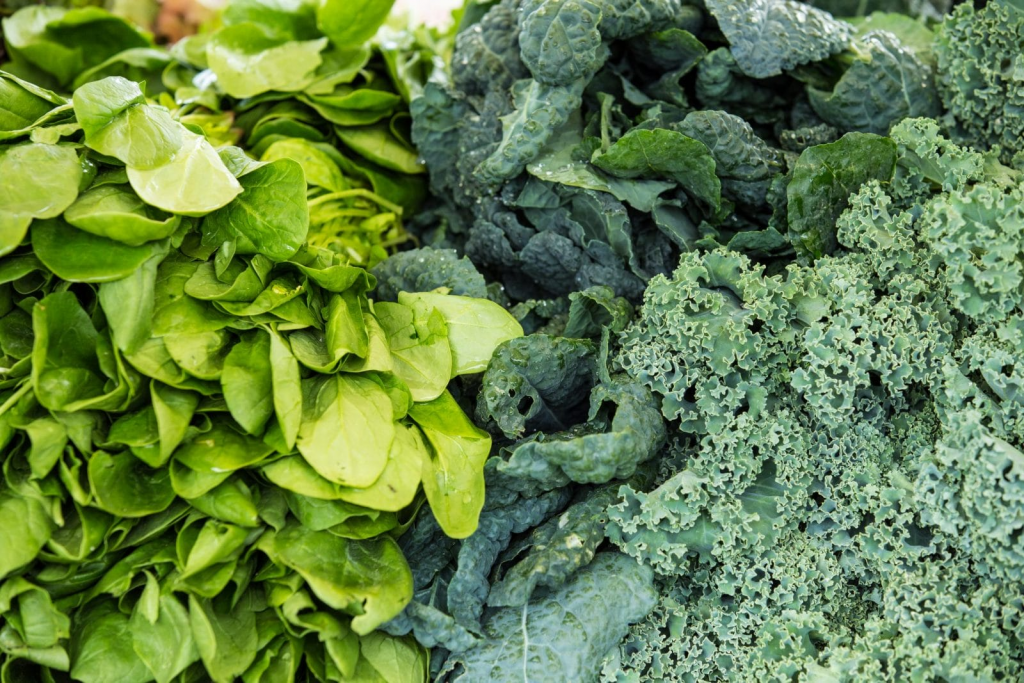
4. Cruciferous Power: Broccoli and Brussels Sprouts
These vegetables contain sulforaphane, a compound known to reduce inflammation and protect artery linings. Roasting Brussels sprouts or steaming broccoli are simple, delicious options.
5. Carrots: Sweet Protection
The beta-carotene in carrots acts as an antioxidant, shielding arteries from oxidative stress. Snack on raw carrots or enjoy them roasted for a heart-healthy treat.

6. Tomatoes: Red Gold for the Heart
Tomatoes are packed with lycopene, a compound linked to reduced arterial stiffness. Cooking tomatoes in olive oil enhances lycopene absorption. Think tomato sauce, salsa, or fresh salads.
7. Onions: The Natural Anti-Inflammatory
Onions contain quercetin, a powerful antioxidant that may reduce blood clotting and inflammation. Whether raw in salads or caramelized in dishes, onions are versatile artery allies.
8. Asparagus: The Artery Cleanser
Asparagus helps break down harmful substances that can cause arterial clogging. Its natural compounds may also reduce calcium buildup in arteries. Steam or roast asparagus for a quick, heart-friendly side dish.
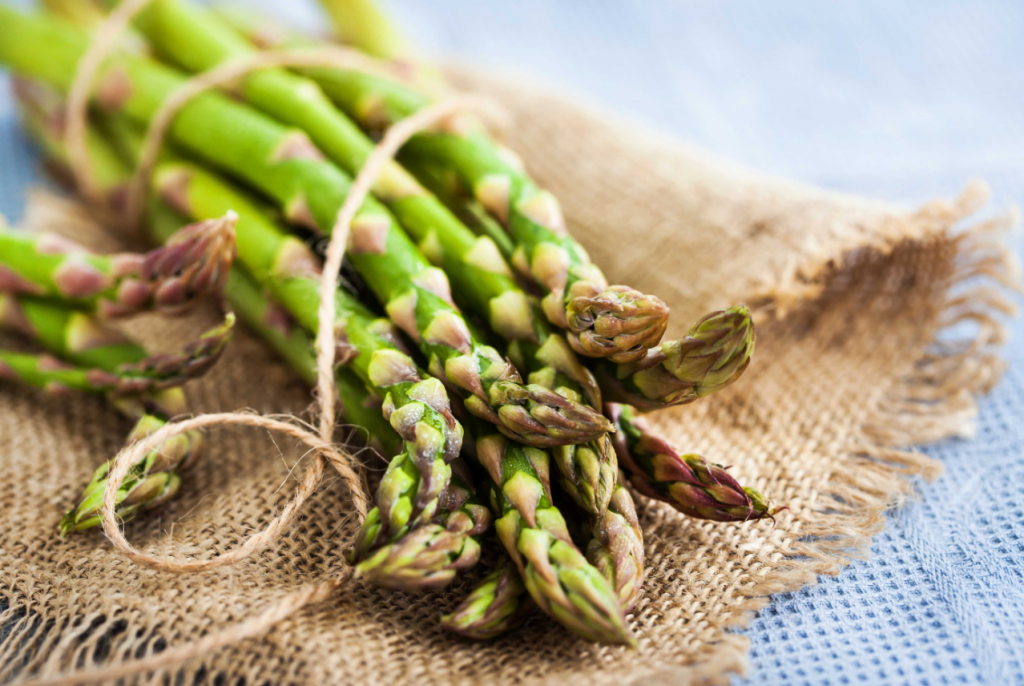
How to Add These Vegetables Into Your Life
Daily Meal Plan Example
| Meal | Simple Ideas Using Artery-Friendly Veggies |
|---|---|
| Breakfast | Spinach and tomato omelet |
| Snack | Carrot sticks with hummus |
| Lunch | Quinoa salad with kale, broccoli, and garlic dressing |
| Snack | Beet and apple juice |
| Dinner | Grilled salmon with roasted asparagus and Brussels sprouts |
Practical Tips
- Aim to include at least one of these vegetables in every meal.
- Rotate varieties to avoid boredom and ensure a range of nutrients.
- Use olive oil and spices for flavor instead of heavy sauces.
- Consider juicing beets or carrots if you prefer a quick drink option.
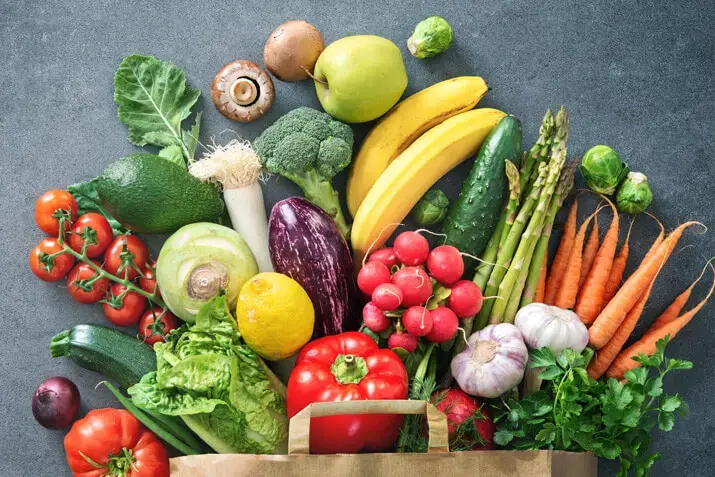
Real-Life Examples
A retired nurse shared that after incorporating more garlic and beets into her daily meals, her blood pressure readings stabilized, and she felt more energetic. Another senior couple began eating a salad with spinach, tomatoes, and onions every night. After six months, their cholesterol levels improved noticeably. While personal experiences vary, these stories show how food can make a real difference.
Other Lifestyle Factors That Enhance Results
Vegetables are only part of the equation. Combine them with these habits for better outcomes:
- Regular movement: Even 20 minutes of walking daily supports circulation.
- Adequate hydration: Water helps blood move smoothly.
- Quality sleep: Poor sleep raises inflammation and heart risks.
- Stress management: Chronic stress can damage artery health. Try deep breathing or yoga.
Conclusion
Arteries play a crucial role in keeping you alive and well. When they’re blocked, life itself is at risk. The good news? Nature has already given us tools to support cleaner, healthier arteries. Garlic, beets, leafy greens, cruciferous vegetables, tomatoes, onions, and more are simple, affordable, and effective ways to support cardiovascular health.
Key Takeaways
- Ten vegetables have proven benefits for arterial support.
- Daily inclusion can make a measurable difference in circulation and energy.
- Pairing diet with exercise, hydration, and stress reduction maximizes results.
- Always remember, these foods support health but do not replace professional care.
This article is for educational purposes only and should not replace professional medical advice. If you have health conditions or concerns, consult a qualified healthcare provider before making dietary changes.




